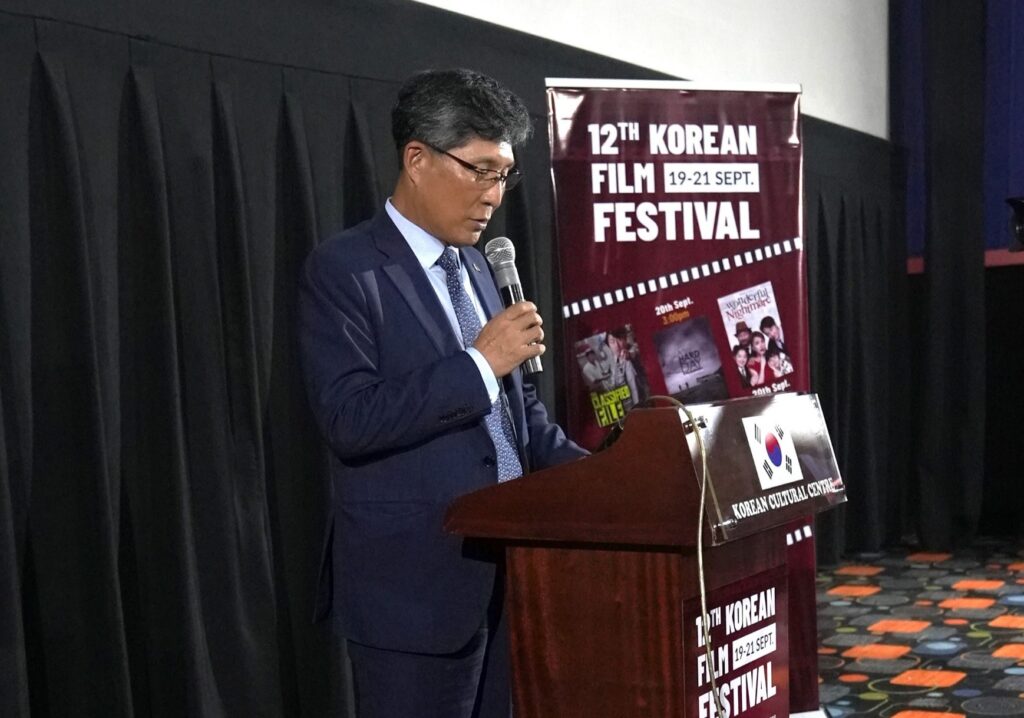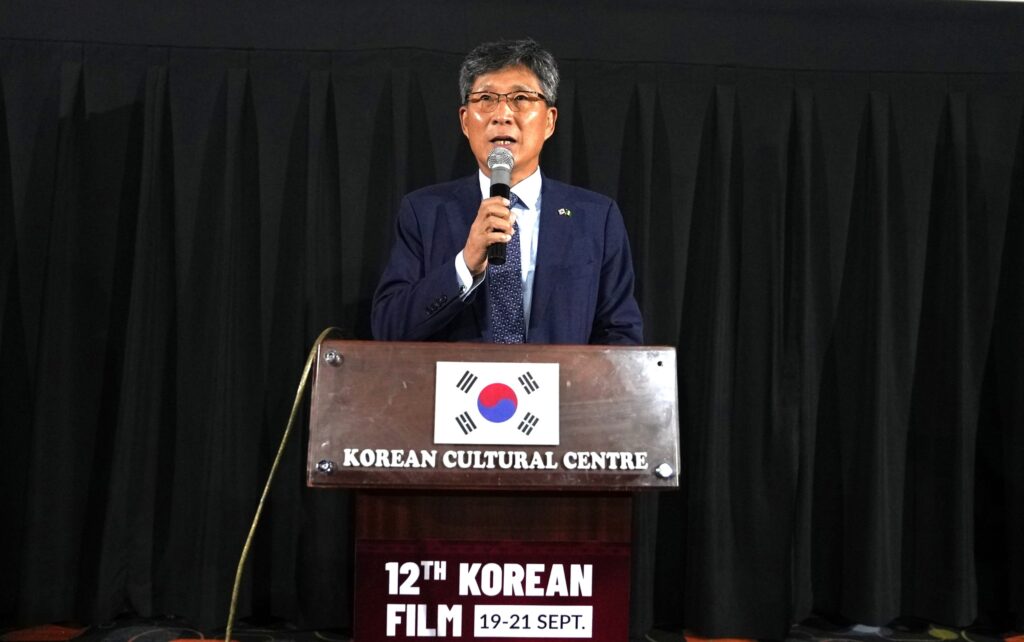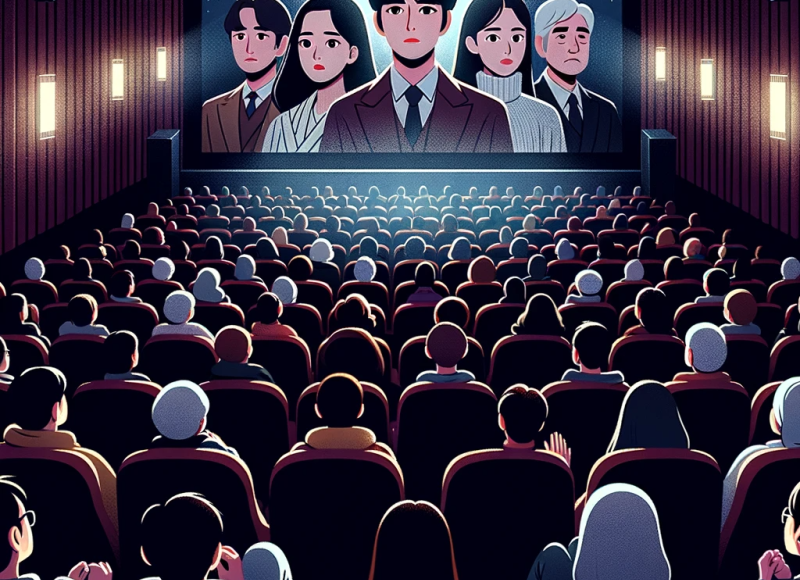By Obi Appolos
After several years of hiatus due to the global COVID-19 pandemic, the Korean Film Festival has made its much-anticipated return to Nigeria. Organized by the Korean Cultural Centre Nigeria (KCCN), the revived film festival marks its 12th edition and was held at Silverbird Cinema in Abuja between September 19 and 21, 2024.
The return of the Korean Film Festival is a major cultural event for Nigeria, reigniting a cinematic tradition that had been paused since 2020. The festival was launched with a grand opening ceremony, where the Korean Ambassador to Nigeria, Kim Pankyu, shared his excitement about bringing the festival back. According to him, the event is more than just entertainment; it highlights the growing cultural ties between Nigeria and South Korea.

During his speech at the opening ceremony, Ambassador Kim emphasized the unique cultural bond between Nigeria and South Korea, especially in their shared love for music and dance. “I have come to deeply feel that South Korea and Nigeria share a strong cultural affinity, especially in their love for music and dance,” he remarked.
He went on to note that this connection extends into other cultural areas, including fashion and cuisine. He added that the increasing popularity of Korean media, especially dramas and films, has helped drive this cultural resonance. In recent years, Korean entertainment has captivated Nigerian audiences, further cementing the cultural exchange between the two nations.

Kim cited the global success of Korean dramas like “Squid Game”, which became Netflix’s most-watched series in 2021, as an example of this growing trend. He also mentioned “Alchemy of Souls”, which became the most-watched series on Netflix Nigeria in 2022. “This surge in interest in Korean entertainment has made the Korean Film Festival even more significant as it helps introduce more Korean films to Nigeria’s vast and diverse audience,” Kim added.
Also speaking at the event was Mr. Obi Asika, Director-General of the National Council for Arts and Culture in Nigeria. Asika acknowledged the profound impact that Korean entertainment, particularly K-pop and K-dramas, has had on Nigerian audiences.
He highlighted that millions of Nigerians are avid followers of Korean entertainment, which has significantly influenced the country’s own entertainment industry. Asika pointed out that Nigeria could learn from South Korea’s entertainment industry, particularly in production quality and storytelling, to further enhance its own growing film industry, Nollywood.

For Korean film enthusiasts in Nigeria, the festival is more than just an opportunity to watch films. It symbolizes the deepening cultural exchange between the two nations. “The shared appreciation for film, music, and other forms of artistic expression has created a unique bond that continues to grow stronger,” said Cynthia Williams, a Korean film enthusiast.
Throughout the festival, Nigerian audiences were immersed in some of Korea’s best cinematic productions, showcasing the rich diversity and creativity of Korea’s entertainment industry. The event is expected to further deepen mutual cultural understanding, strengthening the friendship and cooperation between Nigeria and South Korea.






























